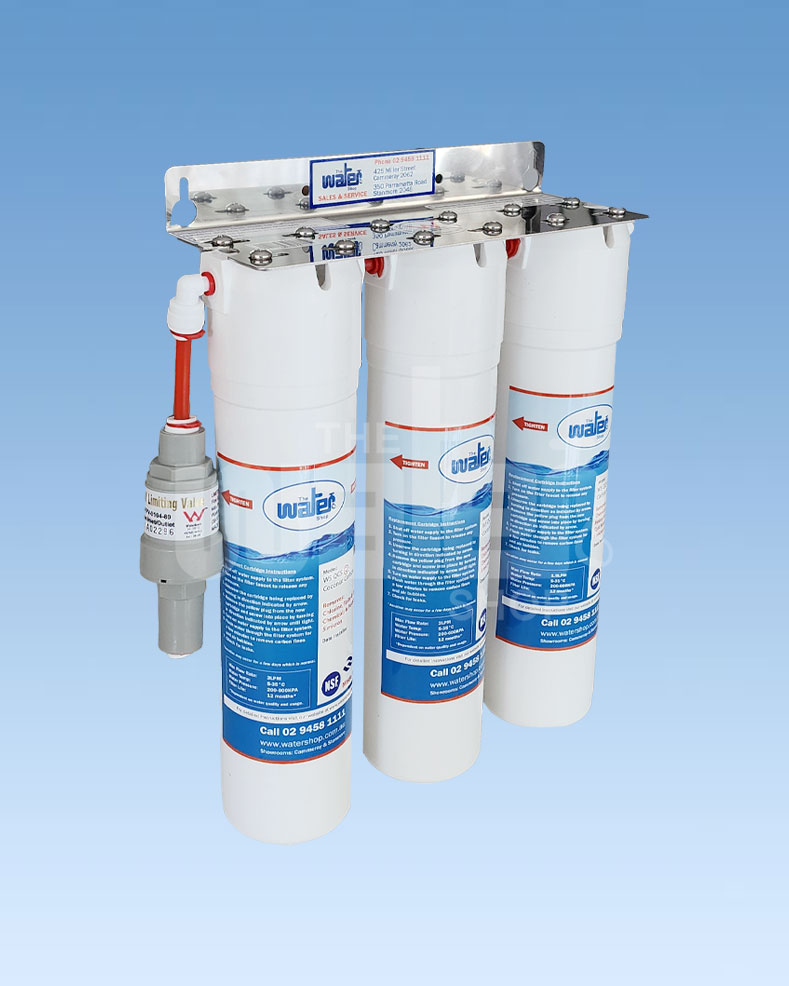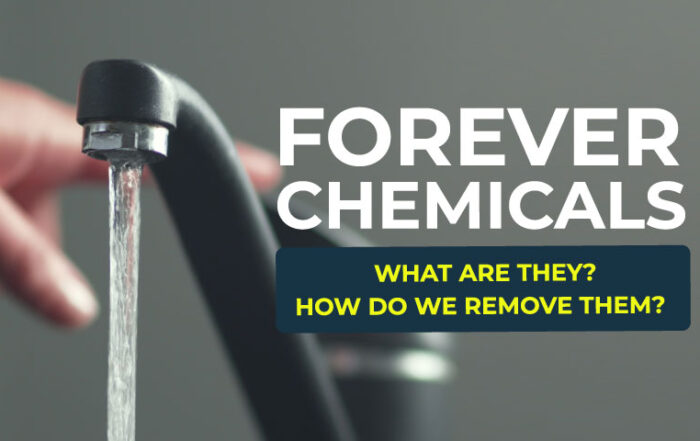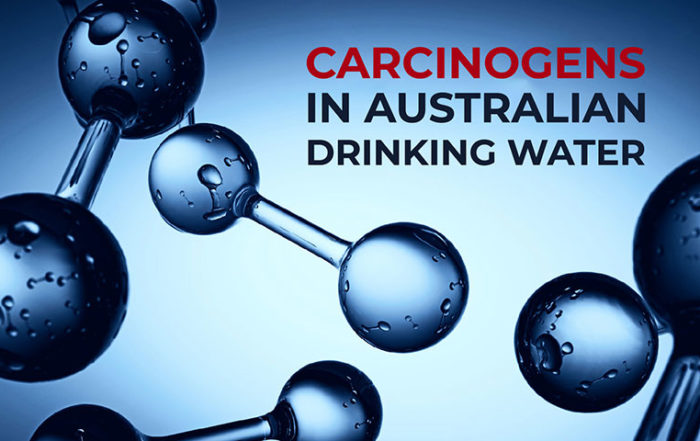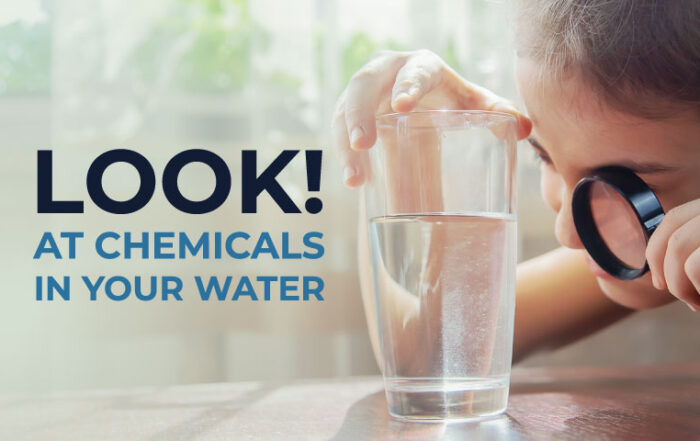The research is out, and it’s clearly stating the detrimental impact that plastics can have on our overall health.
It turns out that when we drink water from plastic water bottles, we are ingesting far more plastic particles than previously believed.
These plastic particles (which are 1000th the width of human hair) can travel through the tissues of the digestive tract or lungs and into the bloodstream, distributing themselves throughout the entire body.
How many of these particles are you actually ingesting?
A recent 2024 study demonstrated that bottled water sold in stores contain up to 100 times more nanoparticles of plastic than previously estimated. It was thought that there were 300 plastic particles per liter of water, but recent findings show it’s closer to 240,000 plastic particles. 90% of these plastic particles are nanoplastics, which are able to travel through tissues of the body.
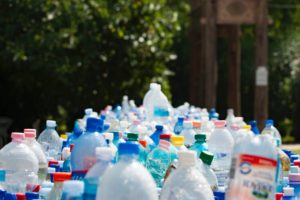
Believe it or not, plastic is constantly shedding itself just like skin cells do. This means that when they are used as packaging in our food and drinks, its nanoparticles can leach into them, which we then ingest.
The Impact of Plastic on your Health
The health risks that plastic poses on human health is widely understudied and demands further research. It is believed that infants and young children may face the greatest risk due to their developing brains and bodies being the most vulnerable to toxic exposure.
- Nanoplastics are known to invade individual cells and vital organs which can interfere with cellular processes.
- They disrupt endocrine and hormonal pathways which can contribute to hormonal imbalances and even hormone-related cancers
- In pregnant women, plastic can travel through the placenta and into the unborn child and studies have recently found microplastics in human placentas.
What’s the Solution?
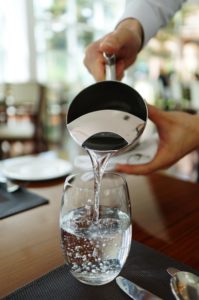
Luckily there’s a number of steps you can take to reduce your plastic exposure whilst science continues to explore these questions.
- Reduce plastic containers and packaging that is used in food and drinks
- Replace bottled water with filtered drinking water that you can carry in stainless steel or glass water bottles
- Wear clothing that is made from natural fabrics and buy products made with natural materials as much as possible
- Take more notice to the plastic used in your environment and where you can limit it
Forget about water bottles, filtered water guarantees pure and healthy water for you and your entire family.
See our variety of water filters that are able to remove microplastics and other contaminants from your water.
Recently in Australian News

LET’S STAY CONNECTED
Discussion
Related Articles
If you enjoyed reading this, then please explore our other articles below:


